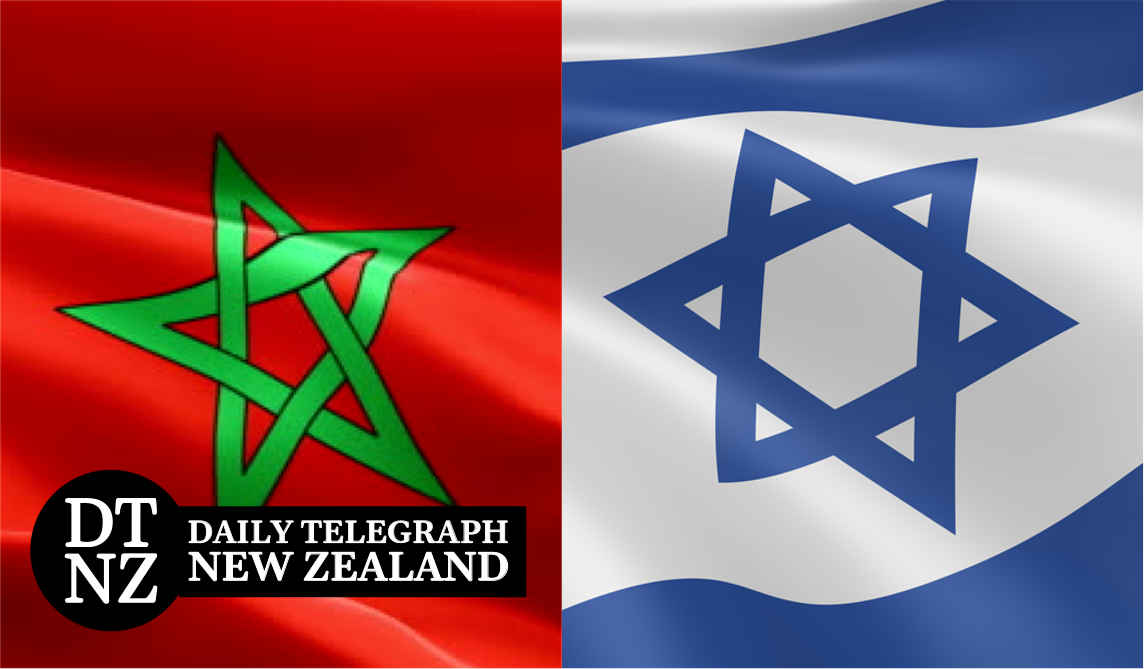Morocco and Israel have had more than cordial ties for many years even before the recent Abraham Accords that also included Morocco among other Arab League states.
Unlike many other Muslim states, Morocco always allowed visitors from Israel, who visit the country in the thousands each year. The country was home to the largest Jewish community in the Arab world.

Rabat agreed on this Trump-brokered normalisation agreement on the foundation that the United States would recognise the Moroccan Sahara, a territory that has been disputed between Morocco and the Algeria backed terrorist POLISARIO front since Spain left the territory back in 1975.
Trump’s proclamation over the disputed territory ended nearly thirty years of US support to the UN negotiations and placed the US in a bad spot with the international community.
On the other hand, the Biden administration continues to be obscure but has not backtracked on Trump’s decision.
Israel’s position on the sovereignty of Morocco over the disputed territory is also ambiguous. This vagueness started a week after the normalisation agreement between the two countries, when then-Prime Minister Benjamin Netanyahu was seen in a video clip speaking from his office about the recent agreement with a map delineating Morocco from its Sahara in the background. An Israeli Foreign Ministry spokesperson then declared that the map was old and would be replaced.
Israel’s head of the representative office in Morocco who is often described as a self-proclaimed ambassador by local media although being approved by the Knesset, failed to attend a recent ceremony, in the presence of HM King Mohamed VI, last January where several international ambassadors presented their credentials. At a press conference, a Moroccan government spokesperson was asked about this absence and gave an unclear explanation referring to the Vienna Convention and its protocols.
This might have been due to the declarations of this representative to the Spanish news agency EFE, where he stated that Tel Aviv supports “direct negotiations” between the parties of the conflict “to achieve a peaceful solution”. This obviously does not go with Trump’s initial proclamation and the reason why Morocco agreed on the normalisation agreement originally.
Many agreements were signed between the two countries, including in defence and security, aviation and tourism, culture and sports and trade. But is that enough?
Other than direct flights, collaboration in many fields, especially defence and intelligence, has been going on for years between the two nations. As an example, the Israeli leader in drip water systems has been selling its products on the Moroccan market for decades and had a representative office years before the normalisation agreement.
The media often gets overexcited about the events taking place after this rapprochement, without a deep analysis of the association and its impact on regional stability and security.
Clear and decisive positions by the two countries are essential for long-term cooperation. Morocco under the leadership of its monarch, HM King Mohamed VI, is and always was clear about its positions especially when it comes to the Israeli-Palestinian conflict.